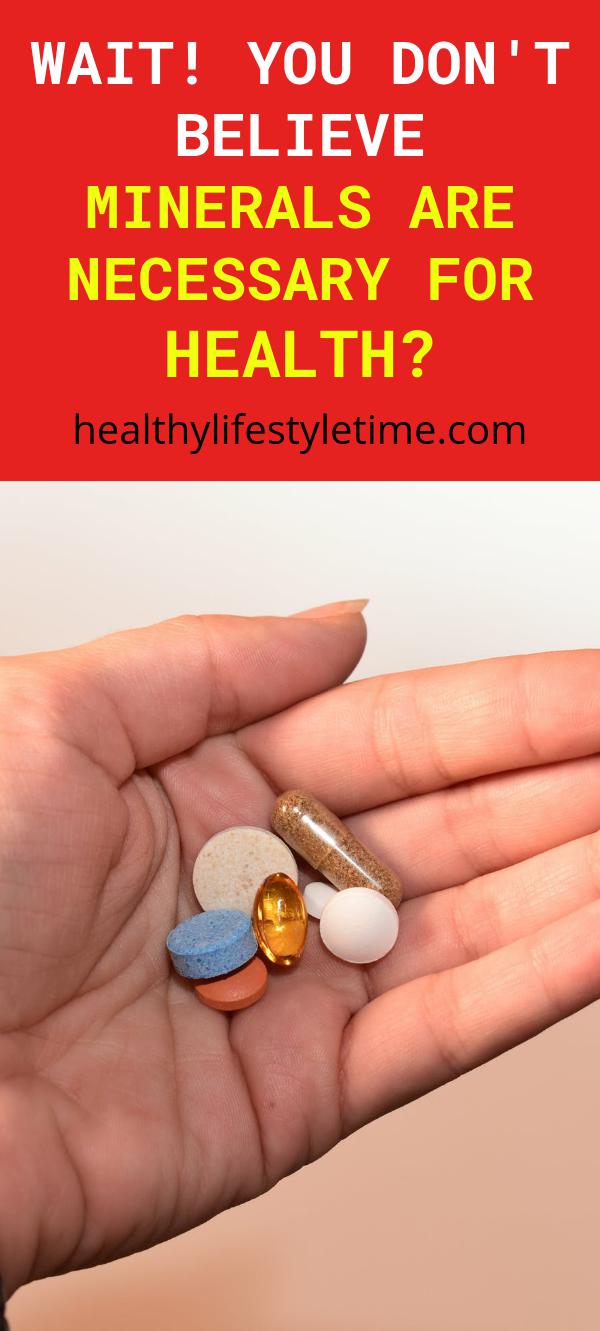We need minerals for the proper composition of body fluids, the formation of blood and bone, the maintenance of healthy nerve function, and regulation of muscle tone, including the cardiovascular system.
Groups Of Minerals

Nutritionally, minerals belong to two groups:
Macrominerals and trace minerals. The body needs trace minerals in minute amounts and macro minerals in larger quantities. Macrominerals are electrolytes for they help regulate cellular water balance.
Most people have calcium-deficient diets. Good calcium nutrition throughout life is essential for achieving peak bone mass and preventing deficiency-related bone loss.
Magnesium controls biochemical reactions in the body and is crucial to good health. Dietary deficiency of magnesium may occur in elderly people, alcoholics, pregnant ladies, and people suffering from diarrhea. Studies show that taking magnesium supplements during pregnancy reduces birth defects.
Phosphorus deficiency is rare; it is imperative to maintain a proper balance of magnesium, calcium, and phosphorus at all times.
Potassium helps maintain a healthy nervous system and regular heart rhythm. Low potassium might be responsible for high blood pressure.
Trace Minerals
Chromium helps metabolize glucose. We do not get enough chromium from our diet. Athletes, pregnant ladies, people in forties need a supplemental boost.
Copper helps in building bones, accelerates the healing process, and helps maintain healthy nerves and joints. Copper deficiency manifests in osteoporosis.
Iron is essential to building blood. Young girls, strict vegetarians, athletes are usually low on iron.
Selenium is absorbed from soil either in plant produce or in livestock. Selenium deficiency has been linked to cancer and heart disease.
Zinc is vital for prostate gland function and the growth of reproductive organs. People suffering from diarrhea, kidney disease, excessive perspiration, diabetes can be low on zinc.
When minerals meet Women talking calcium after menopause should not take iron.
Do not take calcium and iron tighter for they neutralize each other.

Adults over 50 do not need extra iron unless the doctor detects deficiency.
Those having insulin-dependent diabetes should consult their doctor before taking a chromium supplement.





